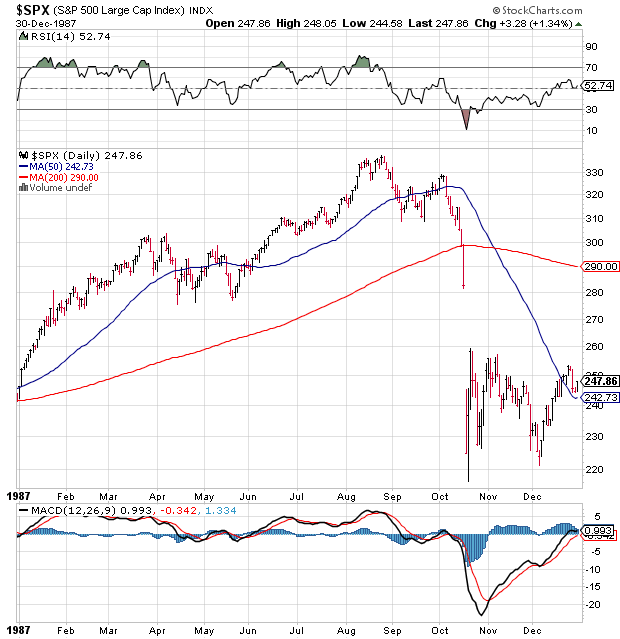-
Happiness does not just make you enjoy life more; it actually affects how successful you are in both your personal life and your professional life.
-
Regardless of the method used, the overall result was clear—happiness doesn’t just flow from success; it actually causes it.
-
When people can afford the necessities in life, an increase in income does not result in a significantly happier life. So why should this be the case? Part of the reason is that we all get used to what we have very quickly. Buying a new car or a bigger house provides a short-term feel-good boost, but we quickly become accustomed to it and sink back to our pre-purchase level of joy. As psychologist David Myers once phrased it, “Thanks to our capacity to adapt to ever greater fame and fortune, yesterday’s luxuries can soon become today’s necessities and tomorrow’s relics.”
-
The bad news is that research shows that about 50 percent of your overall sense of happiness is genetically determined, and so cannot be altered.7 The better news is that another 10 percent is attributable to general circumstances (educational level, income, whether you are married or single, etc.) that are difficult to change. However, the best news is that the remaining 40 percent is derived from your day-to-day behavior and the way you think about yourself and others. With a little knowledge, you can become substantially happier in just a few seconds.
-
In short, when it comes to an instant fix for everyday happiness, certain types of writing have a surprisingly quick and large impact. Expressing gratitude, thinking about a perfect future, and affectionate writing have been scientifically proven to work—and all they require is a pen, a piece of paper, and a few moments of your time.
-
The results from both studies clearly indicated that in terms of short- and long-term happiness, buying experiences made people feel better than buying products. Why? Our memory of experiences easily becomes distorted over time (you edit out the terrible trip on the airplane and just remember those blissful moments relaxing on the beach). Our goods, however, tend to lose their appeal by becoming old, worn-out, and outdated. Also, experiences promote one of the most effective happiness-inducing behaviors—spending time with others.
-
Those who spent a higher percentage of their income on others were far happier than those who spent it on themselves…Ask people whether they will be happier after spending money on themselves or others, and the vast majority will check the “me” box. The science shows that exactly the opposite is true—people become much happier after providing for others rather than themselves. The good news is that you really do not have to divert a huge proportion of your income to charity, friends, family, and colleagues. In fact, the smallest gifts can quickly result in surprisingly large and long-lasting changes in happiness.
-
People behave in highly predictable ways when they experience certain emotions and thoughts. When they are sad, they cry. When they are happy, they smile. When they agree, they nod their heads. So far, no surprises, but according to an area of research known as “proprioceptive psychology,” the process also works in reverse. Get people to behave in a certain way and you cause them to feel certain emotions and have certain thoughts.
Source: Wiseman, Richard (2009-12-15). 59 Seconds: Think a Little, Change a Lot. Knopf Doubleday Publishing Group. Kindle Edition.
